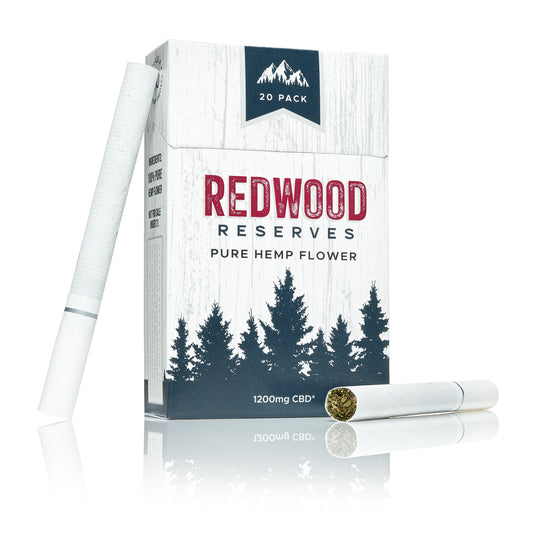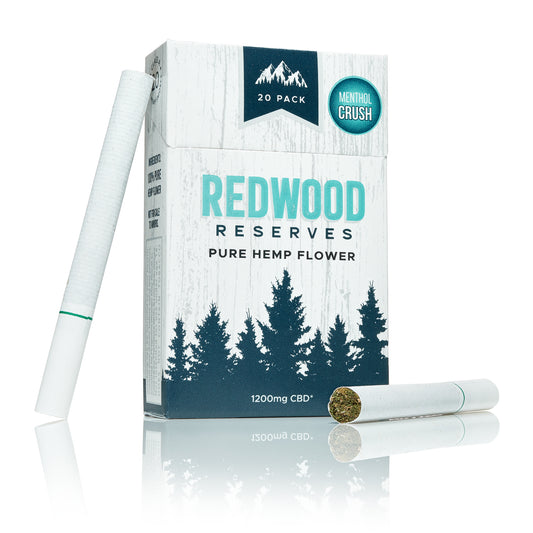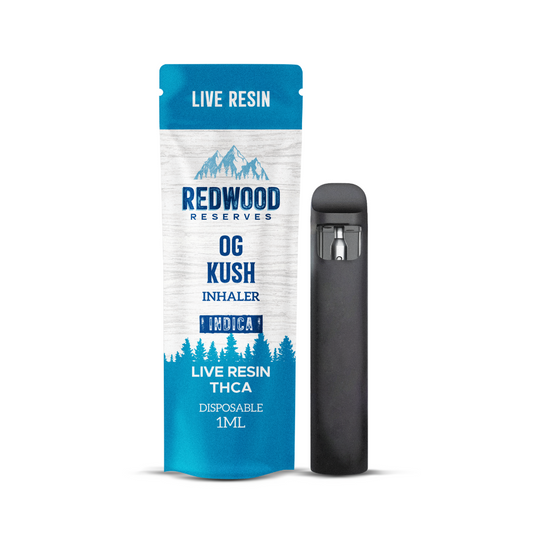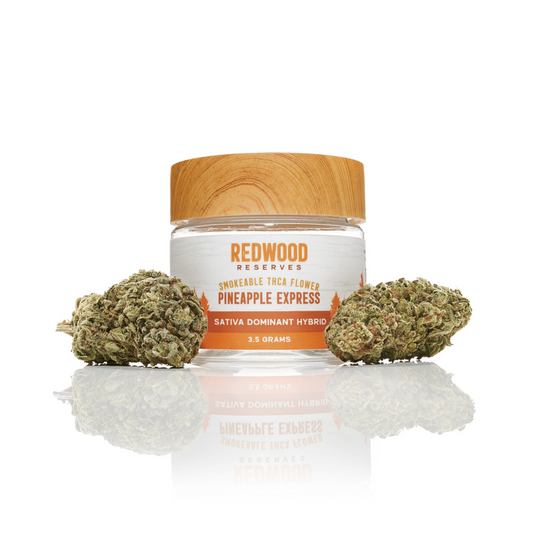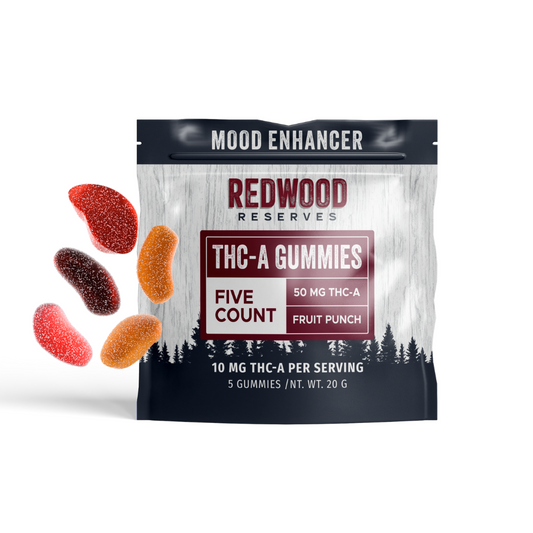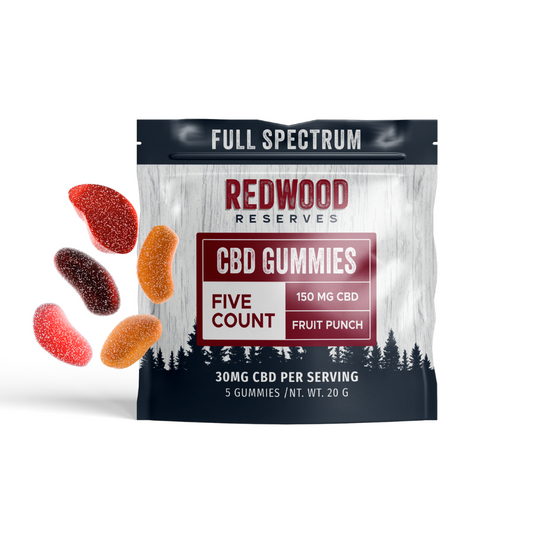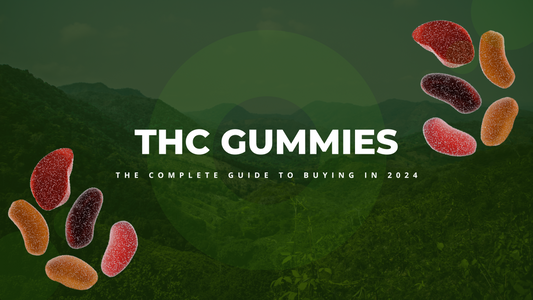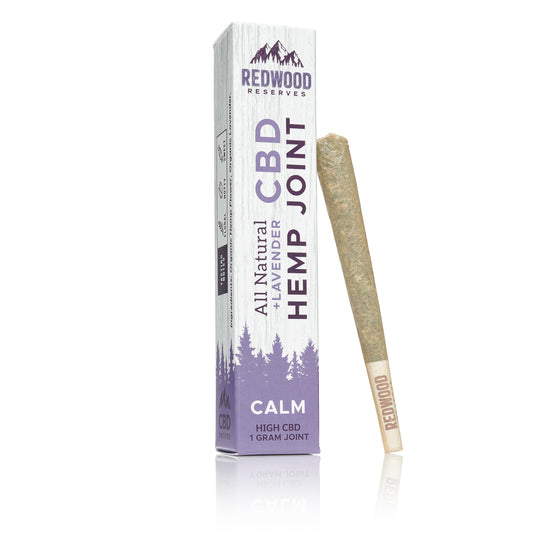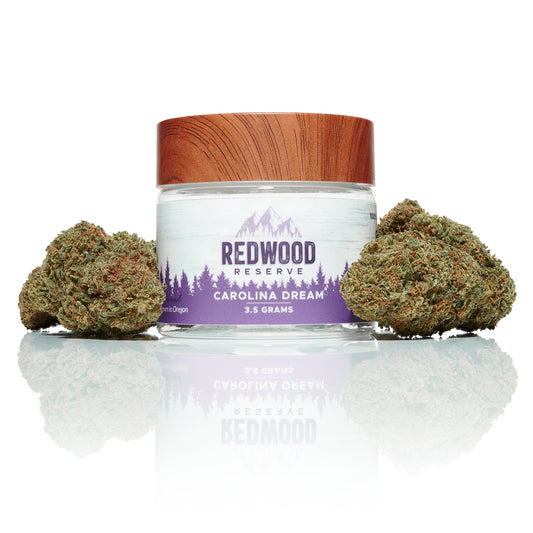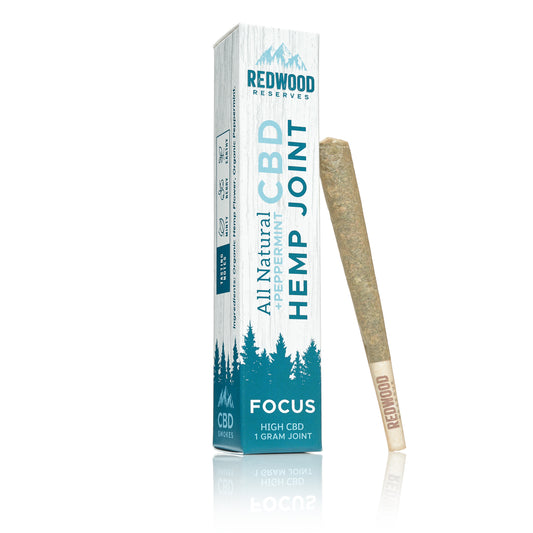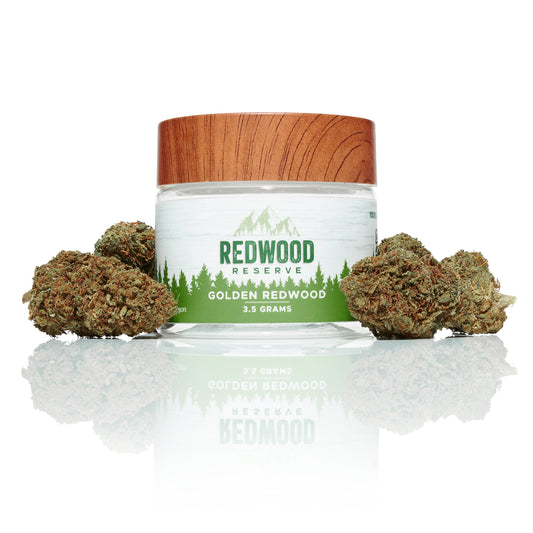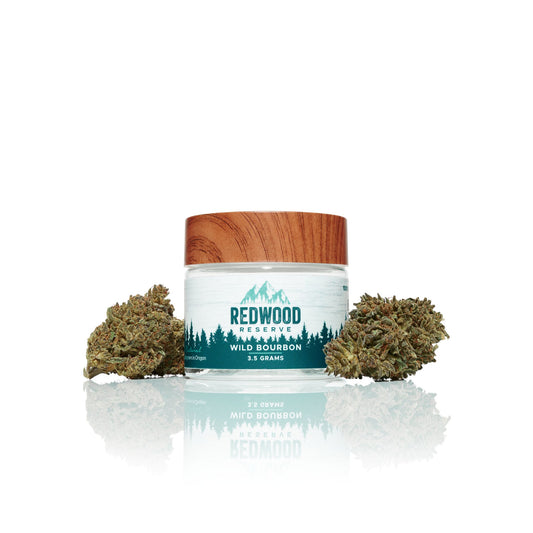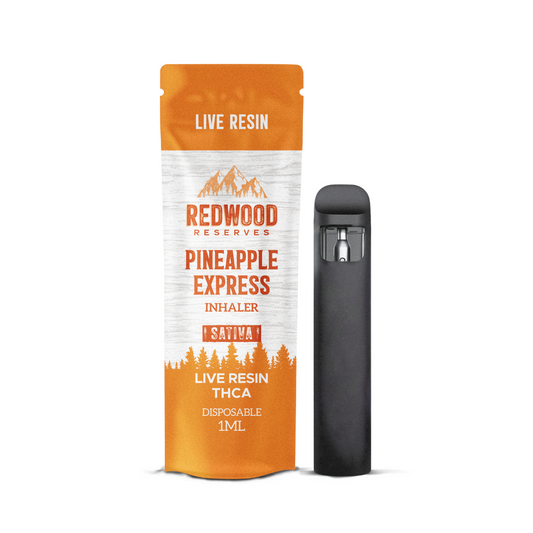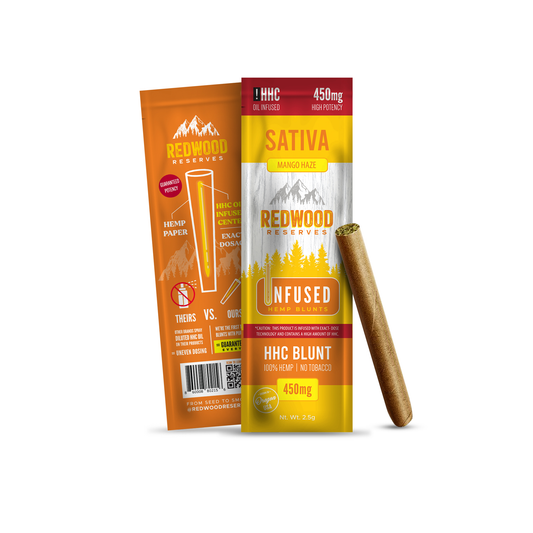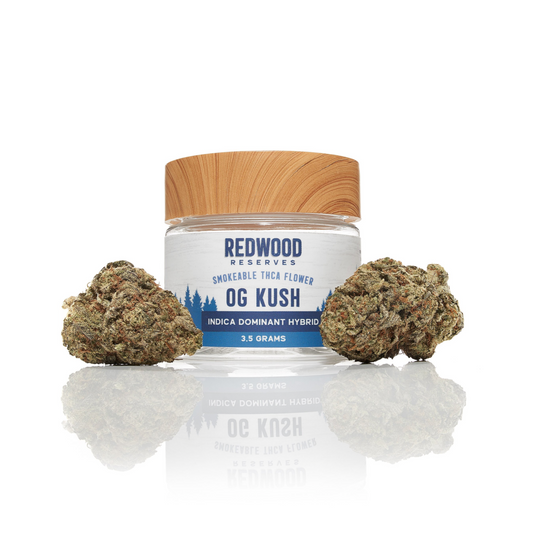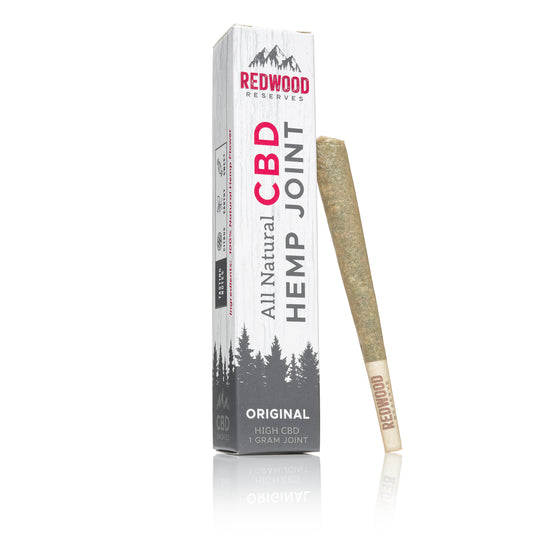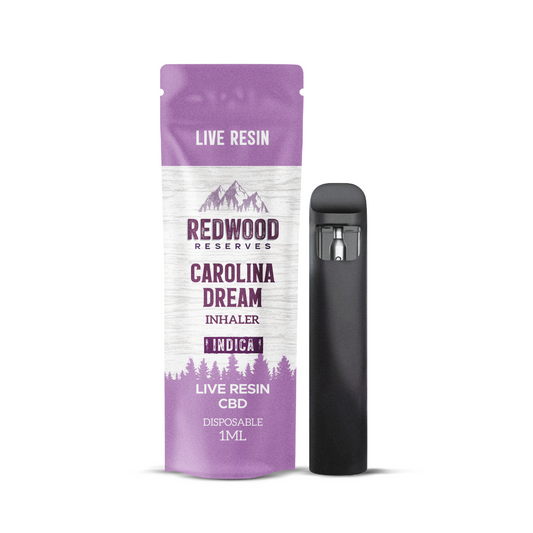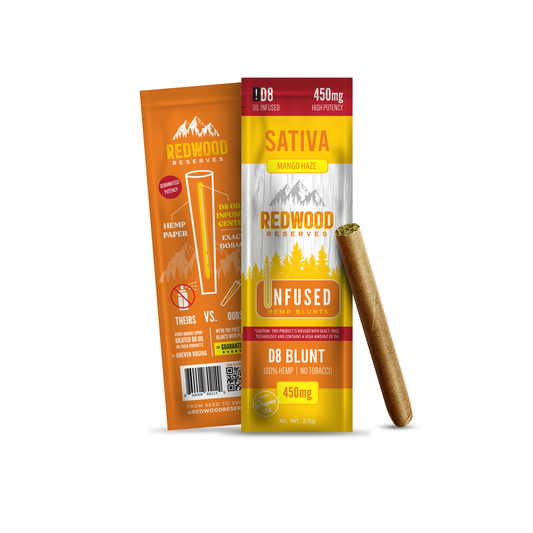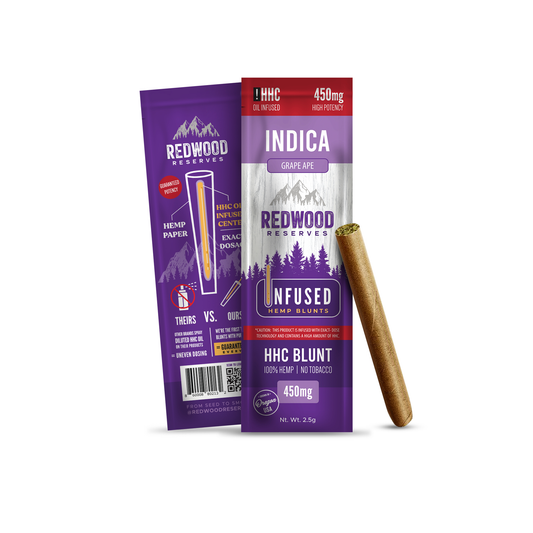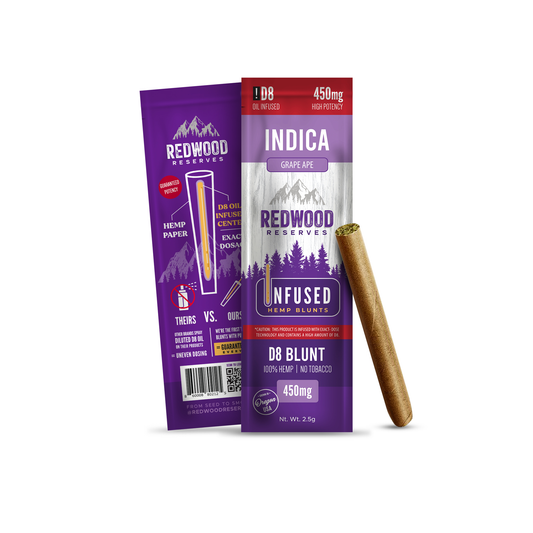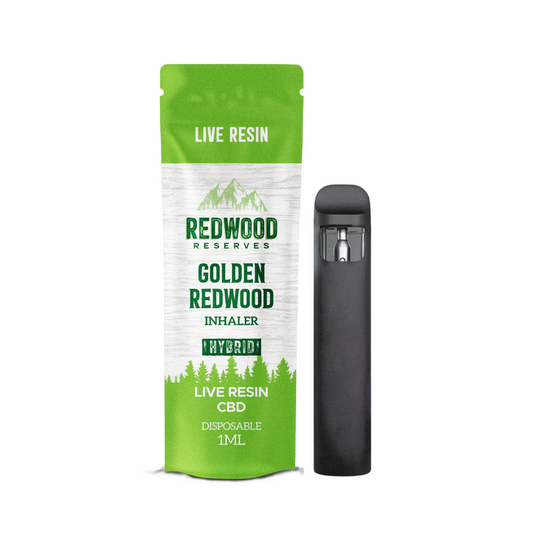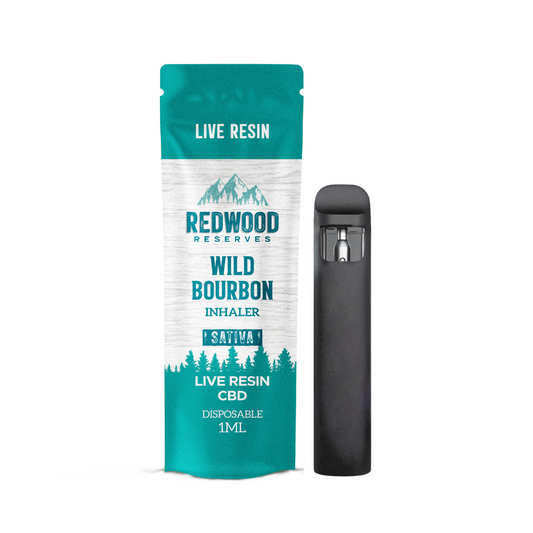What is HCC?
HHC (or hexahydrocannabinol for the scholars out there) is a hydrogenated form of THC. Before we dive into the details of what HHC actually is we’ll cover some of the basics first. Yes it is legal, yes it will make you high, and yes you can buy it online and get it delivered to your door.
To fully understand what HHC is first we'll explain the process in which it is made. Hydrogenated products are created through a process called hydrogenation, which may sound scary at first, but is actually a process that’s widely used in various industries to solidify, preserve, or purify different products. The most commonly hydrogenated product in the market is margarine. The hydrogenation process converts vegetable oil from a liquid into a solid fat, leaving us with the spreadable "butter" that is margarine.
HHC is a naturally occurring cannabinoid in the hemp plant, similar to CBD, CDN, CBG, and THC. Although it’s naturally found in hemp, the levels of HHC in genetics available today are extremely low. In order to create a usable amount a hydrogenation process is used to convert the THC molecule into HHC for use in blunts, pre-rolls, pre-rolls, and joints.
This process breaks THC’s double bond and replaces it with hydrogen to convert THC into HHC, while leaving the cannabinoids effects practically unchanged. In short, changing the THC molecule's bond converts the cannabinoid from a regulated substance (THC) into a federally legal compound (HHC) while still keeping its original psychoactive effects.
What does HHC feel like?
Smoking HHC produces effects similar to recreational THC, although some users report a much more relaxing sensation than regular marijuana. Side effects may include laughing, going on random tangents, and making everything feel good. If you’re unsure if you’re feeling high or not, you can use this guide to double check:

Is HHC legal?
There's a lot of debate surrounding the legality of alternative cannabinoids like HHC, Delta8, or THC-O. The gray area lies in whether or not HHC is considered natural or synthetic. If considered synthetic, it would be classified as a Schedule 1 drug, similar to THC. If deemed natural, it would remain legal as long as it contains less than 0.3% THC.
HHC is a naturally occurring cannabinoid in the hemp plant that isn't produced in quantities large enough to extract directly from the plant itself. Instead we have to use a process called hydrogenation to convert the naturally occurring THC in hemp into HHC. This is the same process we use to convert vegetable oil into margarine. The argument is that since margarine isn't considered a synthetic product neither should HHC, as it's not synthetically created in a lab but rather converted from a cannabinoid in the hemp plant.
There are a few states such as Alaska, Arizona, Arkansas, Colorado, Delaware, Idaho, Iowa, Mississippi, Montana, New York, Rhode Island, and Utah that flat out don't allow alternative cannabinoids, so it's important to check the rules and regulations in your state before purchasing. If you are in a legal state head over to our online shop here to try some HHC for yourself.
